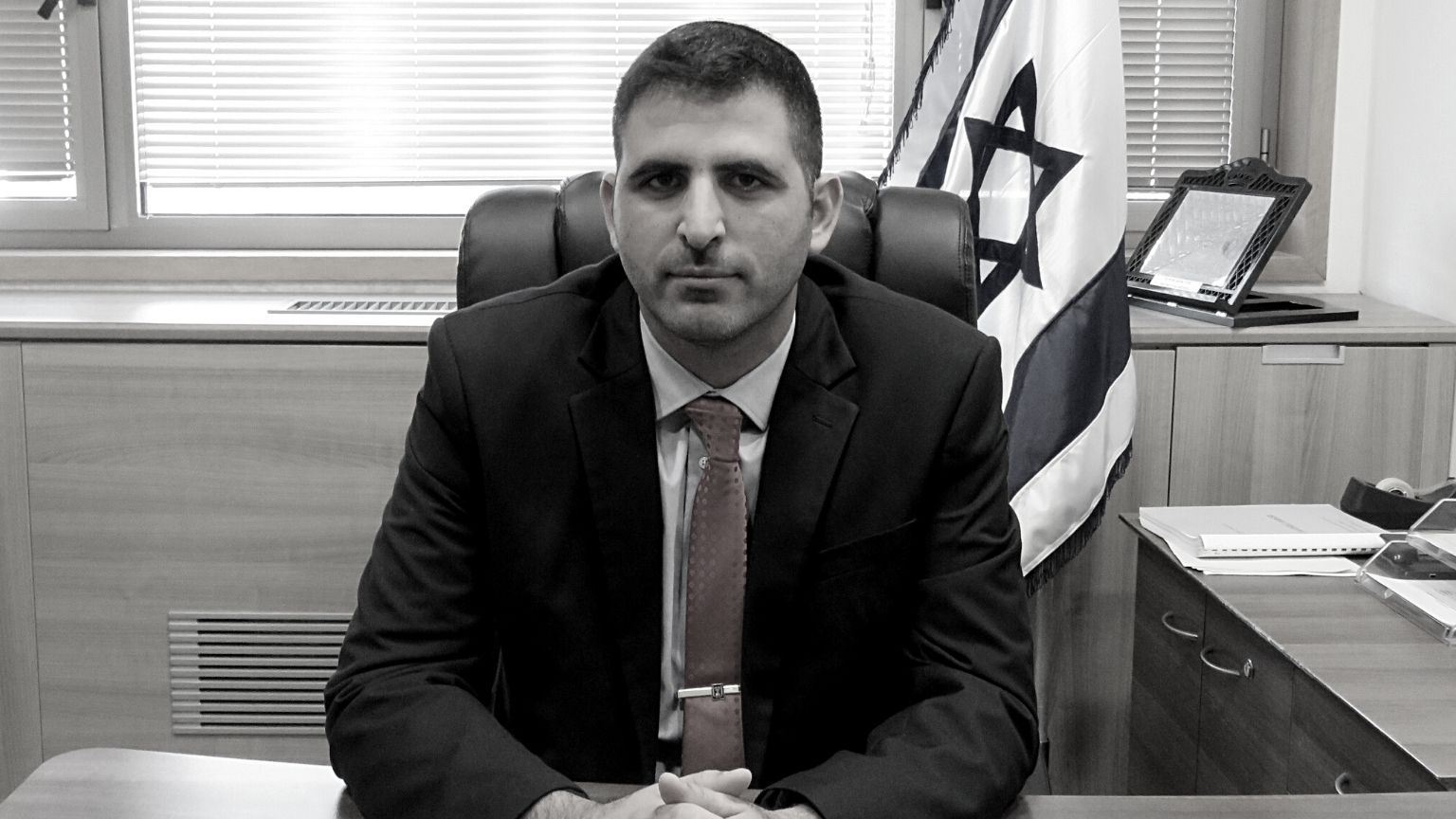In a moment where the essence of free speech is under scrutiny worldwide, a controversial move by Israel’s Communications Minister Shlomo Karhi has sparked profound concern among proponents of free expression and the principles of a democratic society. Karhi is in the process of advancing regulations, authorizing the arrest of individuals and seizure of property based on the subjective judgment that their communication undermines “national morale” or aids enemy propaganda.
These proposed rules, known as “Limiting Aid to the Enemy through Communication,” were crafted in coordination with National Security Minister Itamar Ben-Gvir.
Broad in their scope, these regulations aren’t confined to potential misinformation or enemy rhetoric but extend to factually accurate statements and mainstream media coverage, both domestic and international. It would allow Israeli police to arrest Israeli citizens, including journalists, for sharing information that is critical of Israel.
This move stands in stark contrast to its initially declared goal – curbing the influence of Al Jazeera in Israel.
Derived under the aegis of Section 39 of the Basic Law: The Government, these draft regulations explicitly characterize “aiding the enemy through communication” as not just direct assistance to adversaries, but any information dissemination that the authorities perceive as weakening Israel’s societal or military morale or that echoes enemy propaganda.
The reach of these regulations is comprehensive, encompassing all forms of audio and visual communication. The power vested in the communications minister is extensive; it allows for the cessation of broadcasts, confiscation of broadcasting equipment, and even the physical removal of individuals from certain locales, all under the subjective banner of national security.
In totality, these developments represent a troubling trend towards the erosion of journalistic freedom and the sanctity of free speech, pivotal pillars of any democratic establishment and some that often get undermined in times of war.










